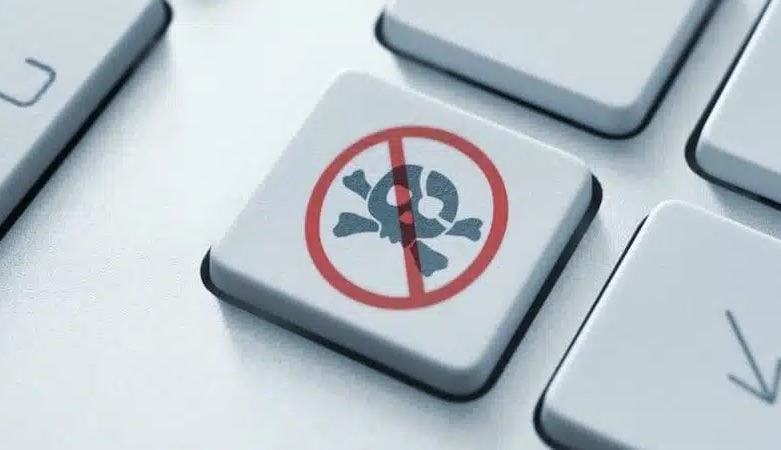We will probably see the face of Christian “Bobo” Vieri for a few more months. We are referring to his participation in the commercial wanted by the Presidency of the Council and by Agcom, which targets spectators who enjoy streaming events (especially football) through illegal connections.
In a very recent article we told you that Piracy Shield, the anti-pezzotto platform would have been active from Thursday 7 December. And therefore, in concrete terms, it would have applied from Friday 8th, the day of the prestigious advance of the Serie A Juventus-Napoli.
But active does not mean operational. And so everything will be postponed until January: now we will enter a testing phase.
Anti-pecker platform in action since January
Piracy Shield, an anti-pezzotto platform donated last August by the Lega Calcio to Agcom, is active but will be operational from January.
Agcom itself made this known through a note that appeared on its official website on Friday 8 December. The title of which says it all: “The platform for blocking sites that illegally broadcast live sporting events is launched. Full operation by January 31st.”

Providers will have to… train
The functioning of the anti-pezzotto platform is explained in the Agcom press release. And “it is based on a machine to machine system: the accredited owners, who have already obtained a precautionary measure for the protection of the protected right, in the event of further violations of the same right, can upload the violation reports, assisted by an adequate kit evidentiary, on the platform which automatically directs them to accredited ISPs who block the IP address and/or FQDN within the next 30 minutes.”
The providers themselves will use the anti-pezzotto platform, and will have time to test it from now until the end of January 2024. Starting right from the Serie A advance Juventus-Napoli.
The platform has been active since 7 December
Let’s remember why the platform officially launches on December 7th.
The reference law against online piracy is number 93 of 14 July 2023. The amendments of which, in an unpredictable way, were included in the so-called Caivano decree, the one containing “urgent measures to combat youth hardship, educational poverty and juvenile crime”.
In its initial text, the creation of the anti-pezzotto platform was expected “within a maximum of six months from the convocation of the technical table.” But an amendment halved the time, reducing it to three. And since the technical table was convened on September 7th, the calculations are quickly done.
The statements
Luigi De Siervo, CEO of the Lega Serie A, expressed himself on the anti-pezzotto platform. De Siervo said: “The endless battle between cops and robbers has reached a crucial point, because we will finally be able to concretely interrupt the flow of signals.
It is important to highlight that the block, to be carried out within 30 minutes of the report, will be applied to all subjects who provide access to the network, therefore not only to all traditional ISPs.”
Football and piracy: the anti-pezzotto platform will be ready from January
Repubblica then asked Giacomo Lasorella, president of Agcom, for an opinion on the commitment made by the entities involved in the project. Lasorella declared: “Internet companies have also proposed other solutions, together we landed on this one. It is clear that Internet companies will take on an organizational burden: I understand that. But the law prescribes a certain path and everyone will have to cooperate.”
And he added: “TV broadcasters will start using it tomorrow. They asked us to start a phase, so to speak, of operational tests and running-in. The platform must be operational by 31 January 2024. We are confident, however, that it will start as soon as possible in full functionality.”
A lot of them
Once the illegal site has been blocked, Agcom will forward the traffic data to the Guardia di Finanza, the Police forces, and then to the Public Prosecutor’s Office, to ascertain the various crimes.
Users of illegal streaming sites risk fines of up to 5,000 euros (for those who look at “significant quantities of protected works or materials”). While anyone who illegally transmits content can be punished with fines of up to 15,000 euros and risks a criminal sentence of 6 months to 3 years in prison.















Leave a Reply
View Comments